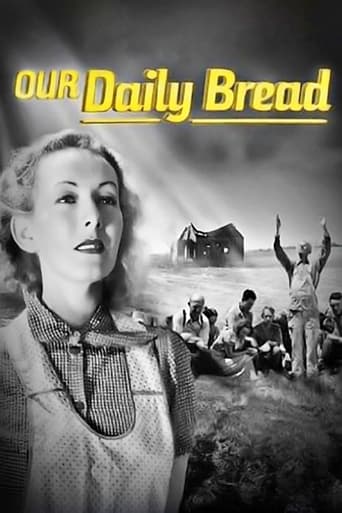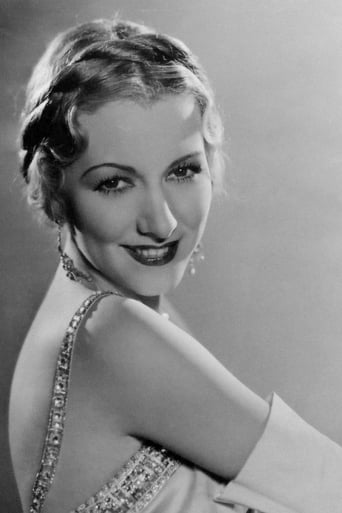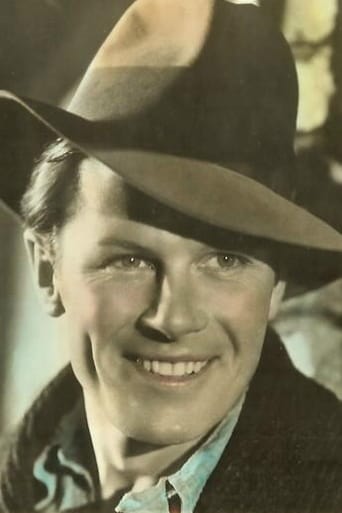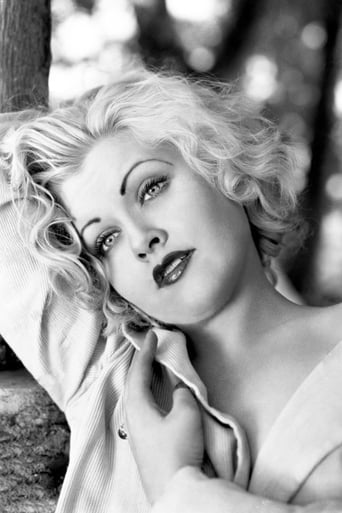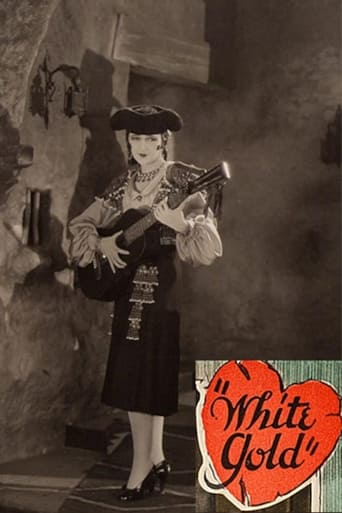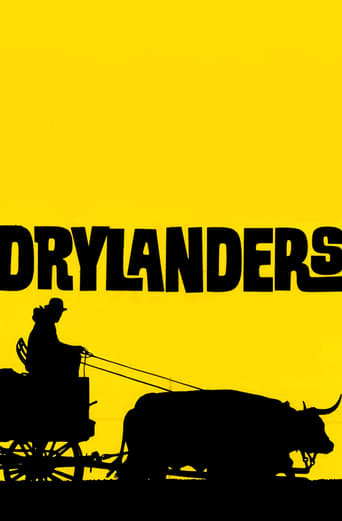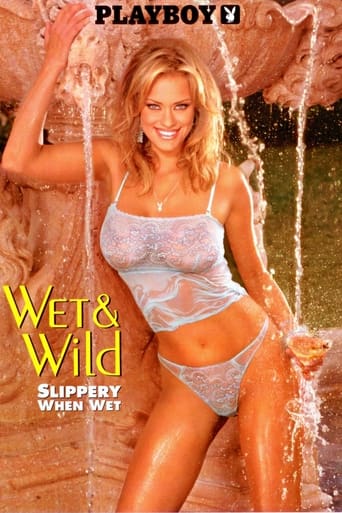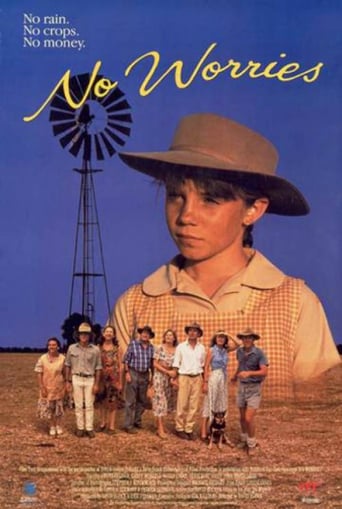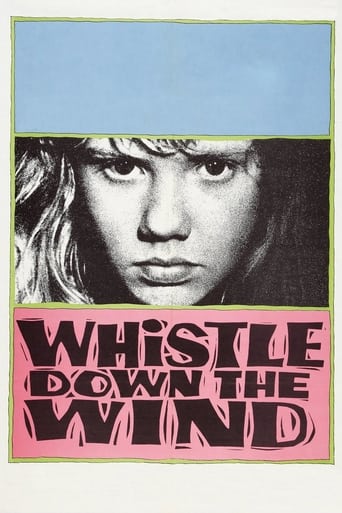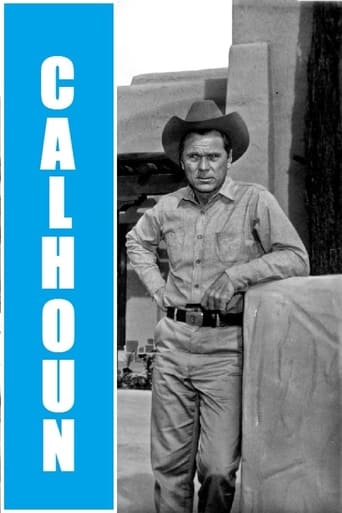Our Daily Bread (1934)
John and Mary Sims are city-dwellers hit hard by the financial fist of The Depression. Driven by bravery (and sheer desperation) they flee to the country and, with the help of other workers, set up a farming community - a socialist mini-society based upon the teachings of Edward Gallafent. The newborn community suffers many hardships - drought, vicious raccoons and the long arm of the law - but ultimately pull together to reach a bread-based Utopia.
Watch Trailer
Cast
Similar titles
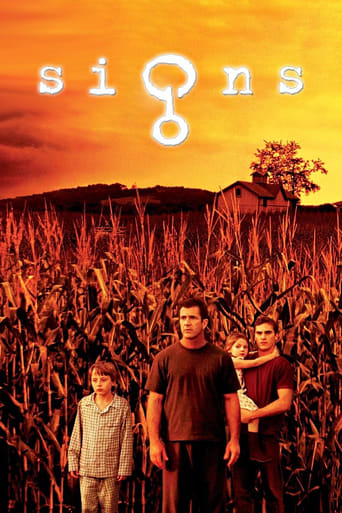
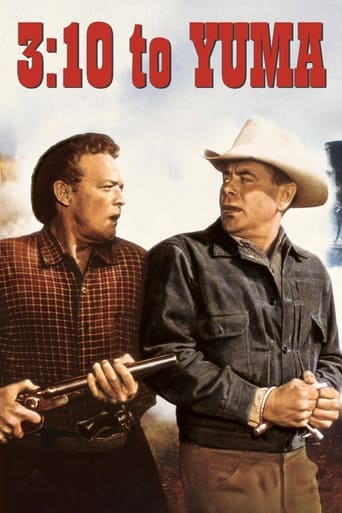
Reviews
Waste of time
It is a performances centric movie
A lot of fun.
It is neither dumb nor smart enough to be fun, and spends way too much time with its boring human characters.
To really appreciate this film you need to view King Vidor's 1928 silent classic "The Crowd". Both movies are the stories of John and Mary Sims. In the 1928 film, John is done in by his own mediocrity and dreaming during prosperous times overflowing with opportunity. Just six years later a couple by the same name is done in by the Great Depression. Although the two couples have the same name, this is not a sequel. It is King Vidor making a statement on the desperation of the times and how much difference just six years have made in the lives of average people. John actually shows quite a bit of leadership in this film versus "The Crowd". At the beginning, John and Mary are on the verge of being thrown into the street as John cannot find work. Mary's uncle saves the day by allowing them to move into and work a farm that has been foreclosed upon but that nobody wants due to the bad financial times. John, who says he could write a book about what he doesn't know about farming, is helped out by a Minnesota farmer whose own family has been kicked off their farm and is passing through. Pretty soon John gets the idea of turning the farm into a cooperative with people of all professions - plumbers, electricians, masons, etc. - joining in and setting up a system of bartering.John Sims is voted the leader of the group, but there are obstacles along the way - a drought that threatens the crops and an ex-flapper who wants to lure John away from the cooperative and tries to convince him that it will never amount to anything.This film is particularly relevant since the U.S. economy is facing challenges similar to those of the Great Depression again. However, people generally don't have the skills needed to live directly off of the land that they still had in the 1930's.
King Vidor's Our Daily Bread, served up the basic ingredients of a good life to the audiences of the Great Depression - people for whom all hope seemed lost. * Land* Water* Hard work* Ingenuity* Community and * A positive attitude. Kate Morley is charming and lovely as Mary - the steadfast wife of John Sims (Tom Keene). Tom is a man with good ideas and bad luck. Somewhat mercurial, however, Tom is easily discouraged by his frustrations in trying to find a job. One night an uncle comes to dine at Tom and Mary's apartment and offers Tom and Mary a farm which he can no longer pay for. From this new start, the young couple learns how to farm, how to lead, and what the meaning of community is. While the film is not overtly political, it carries an important political and ethical message - never lose sight of the basics. This message is as important for today's top-heavy economy as it was in the 1930s. Particularly inspirational to me was the character of Mary Sims. Assertive when she needed to be, Mary formed the backbone of her family and, by extension, her entire community. Character actors Addison Richards and John Qualen are also memorable as major benefactors of the farm. Keene is not the best leading man of his time, but, in general, the film is well-acted. The characters are interesting, well-written, and fairly consistent. The cinematography and choreography of the work scenes are excellent - they really make you want to work!Recommended!
"Our daily bread" is some kind of follow-up to "The Crowd" (1928).Not only there is not work in the city anymore on account of the economy,but city is evil ,as temptress Sally shows.I love the way King Vidor tackled the subject : the society's rejects's plight after the Depression.He never loses his sense of humour ,even in the most dramatic scenes: John Sims trades his small guitar for a scrawny chicken,the farm is sold for 1.85 dollars ,etc"Our daily bread" is the new society in miniature Jim built with a little help from his pals .Every human being counts,a violin player is as useful as a carpenter.Politic is not much talked about;the word "socialism" is uttered once or twice ,but the keyword is " cooperative" ."Let's stand together" is their motto.It culminates in the last sequence,one of the strongest of all time !Songs,prayers,a bit of utopia but a lot of human warmth and love!Like this ?Try these ..."le Belle Equipe" Julien Duvivier 1936"Grapes of Wrath" John Ford 1940
Heard my grandparents speak about the depression and how hard it was to live in any big city trying to find work and food. This film clearly shows in great detail all the difficulties people experienced trying to find work and hold a job and turned their ambitions into the rich farmland of the Mid-West. King Vidor showed the poor conditions that people had to live in and how the weather seemed to work against them with droughts and dust storms. The scene I liked the most was when all the men decided to do something about getting water for their corn crops and working day and night to get their corn fields filled with water. Some of the people jumped and rolled in the dirt, mud and went simply crazy at the sight of water flowing on their land. This was a great realistic film about the depression days years ago.
